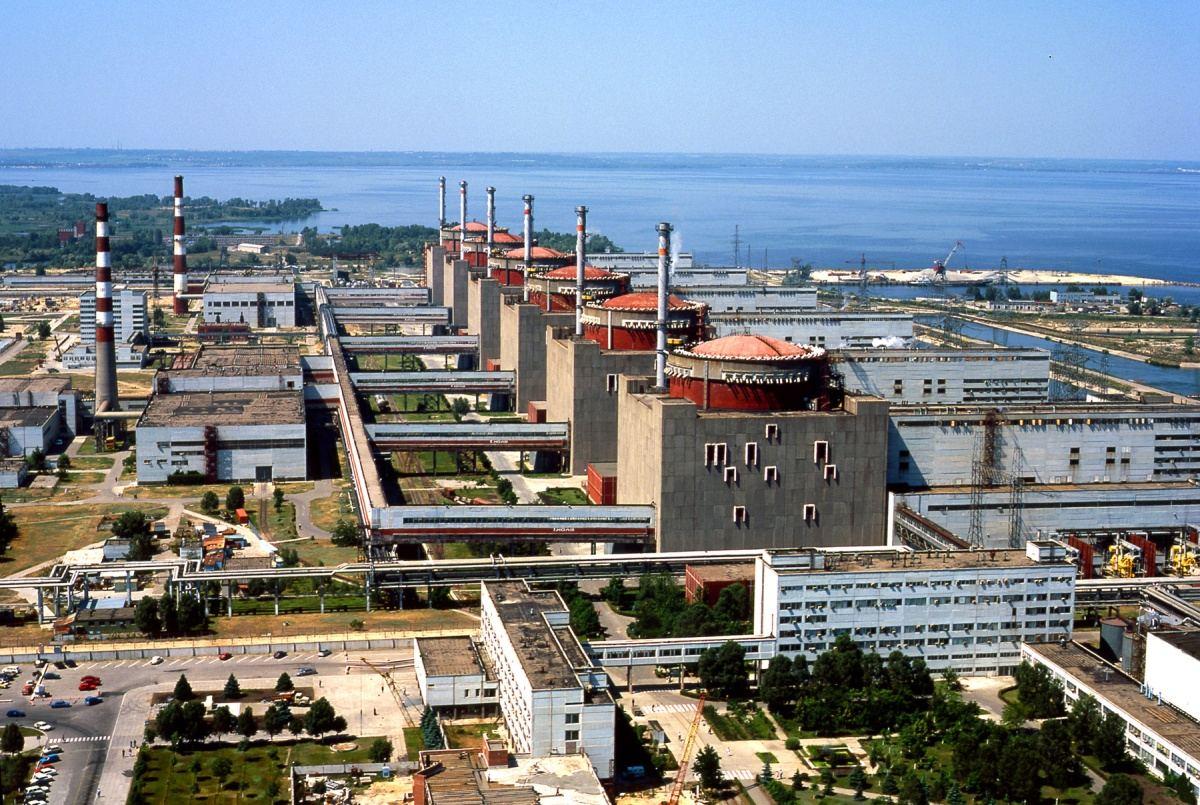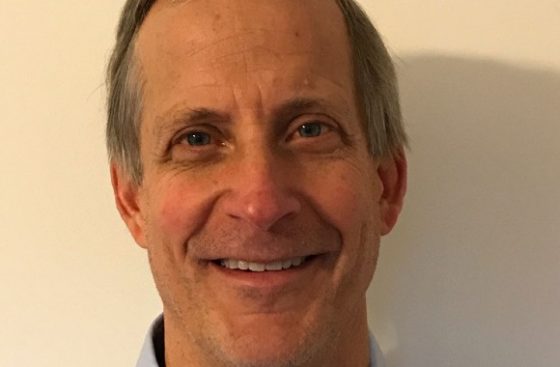
A Statement from the Zaporizhzhya Protection Project
John Reuwer / World BEYOND War
ZAPORIZHZHYA, Ukraine (September 21, 2023 / The International Day of Peace) — I write this as part of a team of four people who have been training with the Zaporizhzhya Protection Project and are now traveling on a train from Kyiv to Zaporizhzhya to meet with people who live near the Zaporizhzhya nuclear plant, which sits on the front lines of the war in Ukraine.
Why are we doing this, instead of relaxing at home with our families?
Because the area around the Zaporizhzhya Nuclear Power Plant (ZNPP) is a special place. People living there are at risk both from direct acts of war and potential radiation release from the nuclear power plant that could easily be damaged on the front lines of the war.
Yet here there is no argument here about whether military or peaceful means can best keep the plant safe. Military action from any side endangers the plant and countless people near and far who would be affected by radiation release.
Why is that important to us?
Because we believe peace can come only through peaceful means. We come from diverse backgrounds, but share a passion for peace that impels us to challenge the dominant narrative in our culture, and currently in Ukrainian culture, that peace can only come through victory in war.

Damage to reactors caused by missile strikes.
Where does that passion come from?
I learn from our personal conversations that each of us is pained by seeing suffering, especially suffering that is caused by others, intentionally or not. War is the epitome of intentionally causing suffering for political ends.
The use of vast resources of brain power and money to plan for mass killing and destruction when those resources could so easily be used to relieve suffering brought about by deprivation, disease, and disasters is beyond our understanding. Especially when the universal excuse for governments planning for war is that the other guys are doing it, so they just have to also, there is no other choice.
My reading of the history of Ukraine and the events leading to this war shows me it was predicted by many knowledgeable diplomats, scholars, and military people. If was predictable, then it was preventable. Investments in diplomacy, negotiations, disarmament, confidence building treaties, open borders, cultural exchanges, and Peace Corps and Nonviolent Peaceforce like initiatives would have done far more than the trillions of dollars of preparing for war to prevent this one.
But governments made the choices, and here we are. What can Ukrainians do now that war is on their territory? Russians have dug in trenches reminiscent of 1914, while the Ukrainians try to dislodge them not only with conventional weaponry, but now radioactive depleted uranium weapons and cluster munitions that will continue to harm Ukrainians for decades to come.
We come with deep concern for Ukraine, but also for the rest of us. Every day of war risks the use of nuclear weapons which can make most cities in Russia and NATO look like Mariopol (except radioactive) within a day or two if someone makes the wrong decision about using them. Large numbers of people around the world are suffering or even starving from high food and fuel costs from this war.
We fully respect the right of Ukrainians to defend themselves as they see fit, even while we are here to see if any of our ideas about nonviolent means makes sense in this horrible situation. If we are to suggest alternatives to war, our integrity requires that we be with the people in danger.

WBW’s John Reuwer, reporting from Ukraine.
Ukrainians in the region invited us to meet with them last April; this trip is a continuation of our discussions. Our meetings led us to agree with our hosts that that since the Russians are in control of the plant itself, Russians need to be convinced to keep the plant safe. Official Russian statements say they are doing everything they can to keep the plant safe.
We contacted many groups and individuals who were in contact with Ukrainians in Russian-held territory. They universally thought that contact with persons from NATO aligned countries would be dangerous for them. So we recruited volunteers from countries less hostile to Russia, and met with Russian officials in Washington DC about giving us permission to contact people near the plant on their side.
They were quite interested in what we were doing but ultimately refused to help us. When those folks wanted to accompany us to the Ukrainian side, they so far have been denied visas there also.
While not yet being able to engage people at risk on both sides is a weakness in our effort, we do not wish to stop trying. The war has not stopped, the danger to people around the plant has not ended, and the unarmed civilian inspectors from the International Atomic Energy Agency (IAEA) remain on site of the ZNPP under Russian control.
They work every day to ensure the safety of the plant, providing protection for huge populations. They are our inspiration for wanting to seek ways other than violence to protect people. They have asked for a few simple rules to keep the plant safe. We want those goals and guarantee that civilians near the plant will be kept safe.
Our goal for this mission is to join the incredible courage and resilience of people living in this danger for 18 months with our knowledge and experience of unarmed protection strategies used in other conflicts, to engender creative ideas that we have not yet thought of to support the safety goals of the IAEA. How can civil society contribute better to its own safety?
We wish peace to all people everywhere. May this day inspire people to come together for our common survival.
John Reuwer is the chair of WBW’s Zaporizhzhya Protection Project.